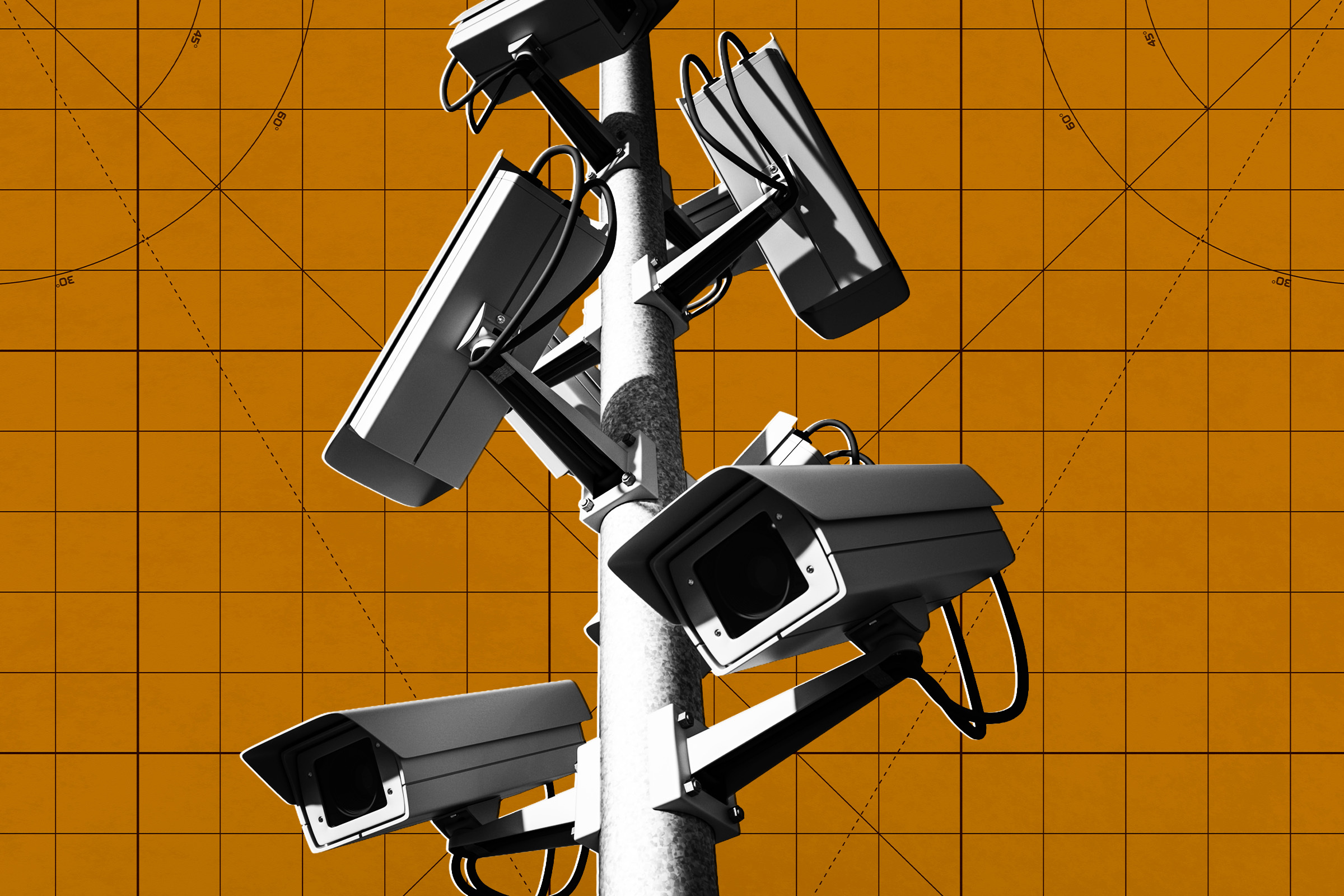A Colorado woman, Chrisanna Elser, recently found herself at the center of a troubling incident involving local law enforcement. On a day in November 2023, Sergeant Jamie Milliman approached Elser at her home, accusing her of stealing a package from a neighbor’s doorstep in the nearby town of Bow Mar. Milliman based his allegations on data from Flock, a surveillance technology company that provides police with real-time camera footage.
During their conversation, Milliman emphasized the extensive surveillance in Bow Mar, claiming, “You know we have cameras in that jurisdiction and you can’t get a breath of fresh air, in or out of that place, without us knowing.” He asserted that Elser had been in Bow Mar from 11:52 to 12:09 on the day the package was reported stolen, stating that the department had recorded her vehicle passing through the area multiple times in the preceding month.
Despite the serious nature of the accusation, Milliman did not present any concrete evidence to Elser. Instead, he handed her a court summons for petty theft, which would require her to appear in December. Elser expressed her disbelief, stating, “I couldn’t believe [that this was] holding over my head until December, and my bosses and my work — to be worried and also to waste everybody’s time on this.”
Fortunately, Elser had her own means of tracking her movements. She obtained surveillance footage from a store she visited on the day in question and retrieved dashcam video from her vehicle, showing that she had driven through Bow Mar without stopping. Additionally, she compiled GPS records from her truck and phone, as well as home security footage of her interaction with Milliman.
After reviewing her evidence, the police department dropped the summons, acknowledging her efforts with a polite email that read, “nicely done btw.” This incident raises significant concerns about the implications of advanced surveillance technology in policing, particularly regarding its potential to wrongly accuse innocent individuals.
The situation is particularly alarming in the context of broader issues surrounding policing and technology. For marginalized communities, including Black individuals, the reliance on surveillance data can lead to severe consequences. There have been notable instances of misidentification, such as a recent case involving a 16-year-old Black student who was wrongfully detained at gunpoint due to a school AI system misidentifying his snack for a weapon.
In another case, a father from Brooklyn, Trevis Williams, spent two days in jail after the NYPD’s facial-recognition software mistakenly identified him as a suspect in a crime that occurred two months earlier, while he was miles away from the location of the incident. These examples highlight the dangers of integrating unreliable technology with aggressive policing strategies, especially when individuals are not afforded the opportunity to defend themselves before accusations are made.
As surveillance technology continues to evolve, the need for regulation becomes increasingly urgent. Without appropriate oversight, the combination of error-prone AI systems and aggressive law enforcement practices will likely continue to produce unjust outcomes for innocent individuals. The incident involving Elser not only illustrates the potential pitfalls of modern policing but also emphasizes the importance of ensuring that technology serves to protect citizens rather than endanger them.







